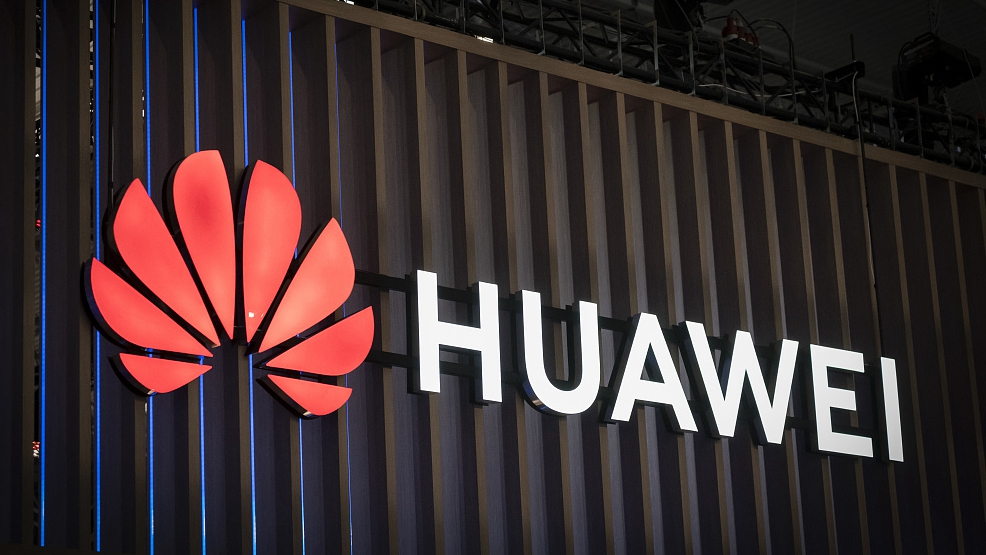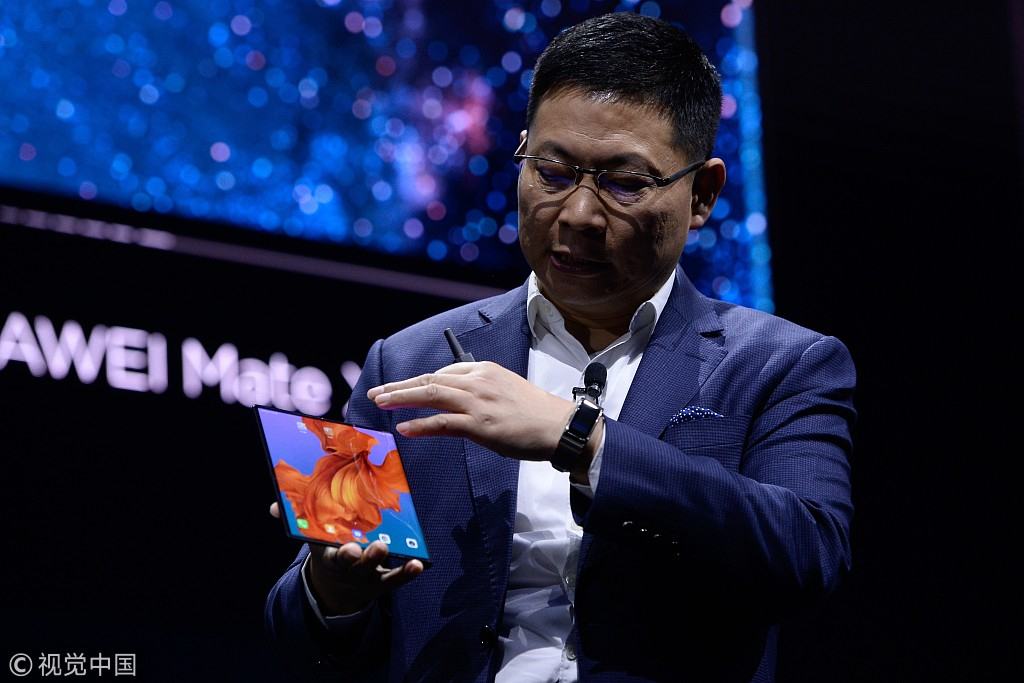
Opinion
12:26, 27-Feb-2019
Huawei's 5G embattlement is only tip of iceberg
Updated
15:08, 01-Mar-2019
David Lee

Editor's Note: David Lee is a consultant and author based in Beijing who works on cross-cutting themes of energy, health, international politics and international development. The article reflects the author's opinion, and not necessarily the views of CGTN.
Not so long ago, it looked like the world's two biggest economies were on a collision course over Huawei. The Chinese flagship high-tech company had been accused of trade theft and Iran sanction busting, with its CFO facing an extradition fight and its 5G solutions tarnished by unsubstantiated allegations of espionage threats.
Then came U.S. President Donald Trump, who spoke last Friday about putting the Huawei case on the table to advance his trade maneuvers with China. Optimists would soon offer an eager observation that Trump's suggestion could open a decent path for the United States to lift the siege on Huawei.
However, just a couple days later, eleven U.S. senators on both sides of the aisle penned a joint letter on Monday to Homeland Security Secretary Kirstjen Nielsen and Energy Secretary Rick Perry, sounding the alarm on the attempt by Huawei, the world's largest manufacturer of solar inverters, to access American residential and commercial solar market.
Just like blocking Huawei from the American telecommunications equipment market, the senators were calling for similar action to be taken against Huawei to "protect critical U.S. electrical systems and infrastructure."
It turns out that the Americans are not only concerned about Huawei's 5G, but they are also worried about other advanced technologies from the Shenzhen-based company.
It must be noted that there has been no independent evidence in support of the American allegation against Huawei's 5G technology as might affect its national security. Likewise, the new allegation about Huawei's solar know-how suffers the same flaw of wolf-crying.

Huawei CEO Richard Yu displays the new Mate X smartphone during the Mobile World Congress 2019 in Barcelona, Spain, February 26, 2019. /VCG Photo
Huawei CEO Richard Yu displays the new Mate X smartphone during the Mobile World Congress 2019 in Barcelona, Spain, February 26, 2019. /VCG Photo
Quite contrary to frivolous optimism about President Trump's hinting on Huawei and trade war bargaining, I see something quite ominous coming. The problem is not about any single technology, be it 5G or solar know-how.
The problem, it seems to me, is all about who owns what. Americans are not ready to accept Chinese ownership of key infrastructure-related technology to be widely deployed in their homeland.
The new phantom menace of smart solar solutions makes it clear that Huawei's 5G embattlement is only the tip of the iceberg. The hulking, menacing iceberg that's the whole weight of American hard power is moving relentlessly under the already turbulent sea surface, ready to smash and crush any aspirant ship sailing into forbidden waters. Well, at least since the 1990s, no ship has been sailing in the superpower's exclusive waters.
I feel sad about this iceberg-crashing-ship scene. The international community needs healthy competition, at least in the technological arena, and international technological competition should never sink so low to outright discrimination and incrimination based on country of origin.
Would there be an opportunity for the iceberg to melt? Would forbidden waters have the opportunity to become open blue seas that allow for huge business and technology potentials? To answer these questions, I'd call for some very serious American soul searching.
More than ten years ago in his seminal The Post-American World, Indian-American patriot Fareed Zakaria talked calmly about the rise of the rest and confidently about American renewal to defeat relative decline.
Passionately, he concluded the book by mentioning the American warmth and openness as the very core of American strength that had truly inspired him. This kind of warmth should help melt the cold iceberg, and this kind of openness should provide the norm of healthy competition.
(If you want to contribute and have specific expertise, please contact us at opinions@cgtn.com.)

SITEMAP
Copyright © 2018 CGTN. Beijing ICP prepared NO.16065310-3
Copyright © 2018 CGTN. Beijing ICP prepared NO.16065310-3